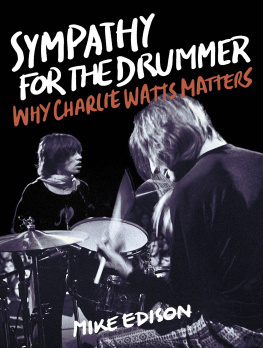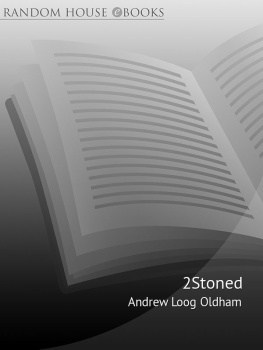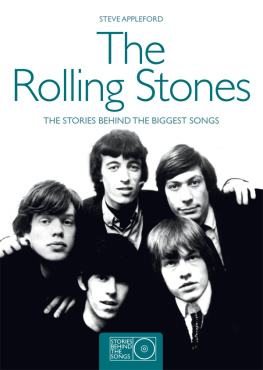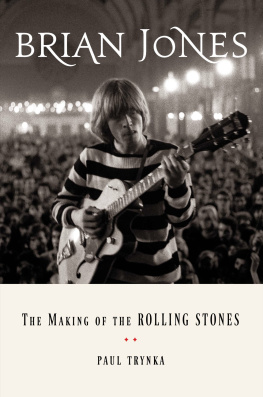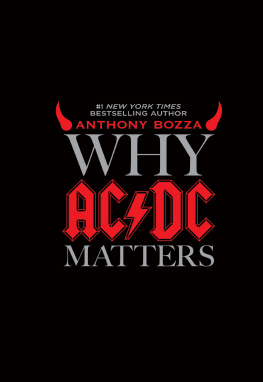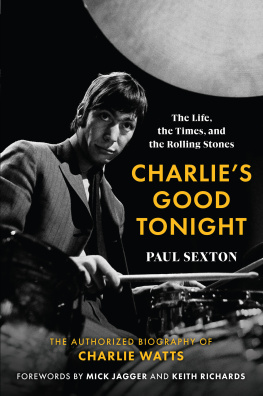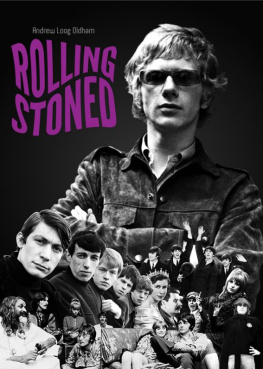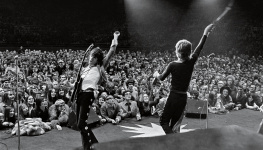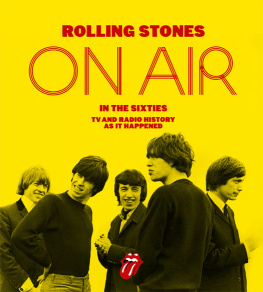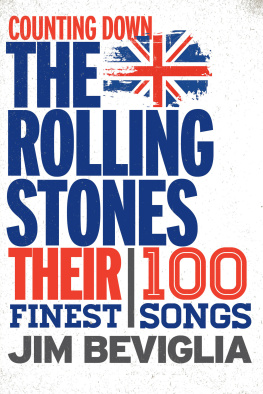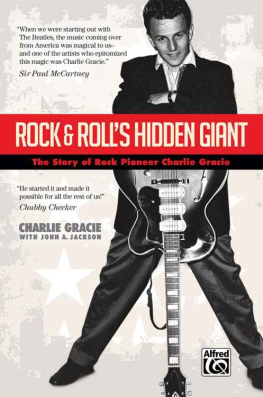
Published by Backbeat Books
An imprint of The Rowman & Littlefield Publishing Group, Inc.
4501 Forbes Blvd., Ste. 200
Lanham, MD 20706
www.rowman.com
Distributed by NATIONAL BOOK NETWORK
Copyright 2019 by Mike Edison
Book design by Tom Seabrook.
Cover photograph by Ethan Russell Ethan Russell.
Cover design and hand-lettering by Tilman Reitzle.
Musical transcriptions by Kenny Aranoff, except Rip This Joint by Mike Edison.
Uncredited photographs courtesy the authors personal collection.
All rights reserved . No part of this book may be reproduced in any form or by any electronic or mechanical means, including information storage and retrieval systems, without written permission from the publisher, except by a reviewer who may quote passages in a review.
Library of Congress Cataloging-in-Publication Data available
ISBN 978-1-4930-4773-4 (hardcover)
ISBN 978-1-4930-5069-7 (e-book)
There is two kinds of music, the good, and the bad. I play the good kind.
Louis Armstrong
What the fucks a rock drummer?
Charlie Watts
Also by Mike Edison
Nonfiction
I Have Fun Everywhere I Go
Dirty! Dirty! Dirty!
You Are a Complete Disappointment
Fiction
Bye, Bye, Miss American Pie
CONTENTS
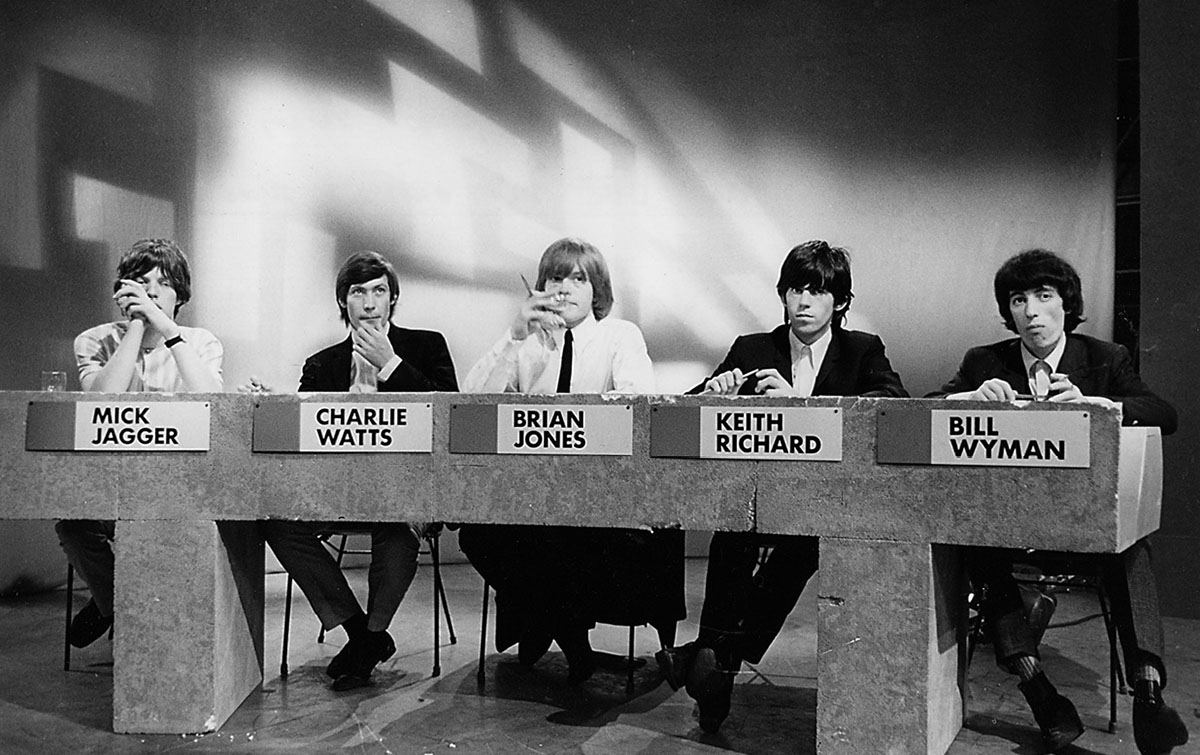
Before the Revolution: the Rolling Stones doing their civic duty, on the BBCs Juke Box Jury , 1964. (Pictorial Press Ltd./Alamy)
INTRODUCTION
LADIES AND GENTLEMEN, THE ROLLING STONES
It was a subversive, direct challenge to authority, and an unambiguous claim to show-business superiority. They were the power and the beauty, and they outclassed everything in their field.
Charlie Watts was the drummer, the driving force behind their salacious riff-bashing and groovy dance hits, their dirty, filthy basement boogie, and their rarified druggie laments. They drove harder than anything that had come before them, and played with more class and nuance than anyone had thought possible, a combination of precision and who-gives-a-fuck looseness that would define their best music. There was no compromise with this group. Even their cute country song was about heroin.
They embraced the future and the past with equal ardor and imagination. They molded the history of American music in their own image, creating an alternative universe where country and blues met with violence and LSD. Disco beats wrestled with steel guitars. Their gospel music was nasty. Everything stunk of sex.
And quite literally sitting behind it all, straddling a snare drum, across five decades, Charlie Watts evolved from beat-keeper to shaman, his hi-hat chugging, opening and closing in counterintuitive grace, percolating with sex and voodoo, dancing with the devil, clattering with abandon and artful intent.
Charlie Watts was a witness, a survivor, a warrior poet in the classic sense, tossing off his hyper-stylized salvos with subtle savagery, uncommon grace, and rhythmic savoir faire . With his easy swing and often loping, uneven fills, he found out how to get inside the song, like a great singerand yet his relentless pounding on the most mean-spirited songs of the era delivered an authenticity to a band that on their best nights were an existential threat to status quo. He found space to breathe in a music that had little room for it. He stretched time, and while others blew up their drums looking for a cheap pop from audiences increasingly becoming slaves to the spectacle, he played his modest kit with finesse and humility and liberated the groove. He gave purchase to the singer and the guitar man. People have broken out of prison with less moxie.
Charlie Watts is (or perhaps was, by now) the drummer of the Rolling Stones, a popular music group from England who began their careers in a sweaty London club in 1962, and at the apex of their career were known as The Greatest Rocknroll Band in the World. That they deserved the title is inarguable.
Its hard to imagine anyone coming into this book completely nakedthat the reader wouldnt know who the Rolling Stones are makes little sense. And yet it would seem cheap not to take a moment to define our terms with a little dishing of the key players. The rules of engagement demand explanation! And anyway, playing the drums is all about contexthas anyone ever asked you to come over to their house and play a song for them on the drums? Not bloody likely. So, begging forgiveness, Id be very flattered to introduce the band.
The singer is (or was) a bloke called Mick Jagger, whom Charlie sometimes referred to as Peter Pan for his tendency to ignore the Earths unbroken habit of circling the sun. Into his seventy-sixth year, Mick Jagger remained a blur, leaping and shuffling about, making teenagers wonder what he was eating for breakfast, and where they could get some.
At times, he was also one of the most astonishing lyricists the art has ever known, a poet whose Byronic instincts were well fed by the reality of the Rolling Stones and the times in which they liveda tectonic culture shift that saw them glide almost unerringly from blues purists to the gorgeously lowdown and louche answer to the Beatles (the LSD was both blessing and curse), to rock aristocracy, punk rock revanchists , and, finally, showbiz titans whose back catalogue and near-mythical status obviated the need for them to make new records to sell out football stadiums.
Mick helped write songs that have defined several generations, taking credit for killing the Kennedys and howling rape and murder, but also celebrating love in all of its scaly forms. Often an inmate of his own worst nature whose songs like Stupid Girl or Under My Thumb or Some Girls would have shut him down had they been birthed in the new century, he has also done time as a flamboyant gender-bender, a romantic whose passion knew few bounds, crooning about women of every conceivable size and color, and singing enthusiastically about both sides of the cocksucking equation. He has been, at turns, a fearless artist, a singer of remarkable gifts, a jester, an elder statesman, a trend chaser and creator of trends, a fashion victim, and the greatest front man in the history of rock music. He is a flawed god, as all the good ones are.
Whereas Mick was the sun and the sky and the stars up above, his old school chum Keith Richards was the boots on the ground. A savant guitarist blessed with preternatural rhythmic instincts and good taste, he twisted the double-stops of Chuck Berry and an ancient Delta tuning into a proprietary formula, and spanked them with the joie de vivre that was his stock in trade, churning out simple riffs that crushed all that came before him, and all the while never letting his ego get in front of his playing. Long heralded as a survivoronce upon a time he was the most celebrated junkie on the planet, and his ability to hold drink and drug and work harder than anyone was legend as sacrosanct as that of King Arthurthe truth is he is alive not in spite of the Rolling Stones, but because of them, for the riff to Jumpin Jack Flash is more life-affirming than the alternative.
Keith was the perfect foil for Mickthe Jagger/Richards songwriting team became the axis upon which the Stones revolved, and, onstage, they became the Glimmer Twins, the Bonnie and Clyde of the rocknroll revolution. But the engine of the machine was the guy in back with the snare drum between his legs.
Keith was the best possible musical partner for Charlie Watts, with whom he created a conspiracy within a conspiracy. Together, they gave the Stones their unique swagger and flowKeiths chopping rhythm guitar and preternatural sense for the riff pushed Charlies sense of swing to the fore, forcing the run up to the beat and the gentle pulling back that became the Stones signature style. And this is reason No. 1 Why Charlie Watts Mattershe understood better than anyone the difference between anticipation and penetration . He gave Keith Richards friction. He made Mick Jagger explode .
Next page
